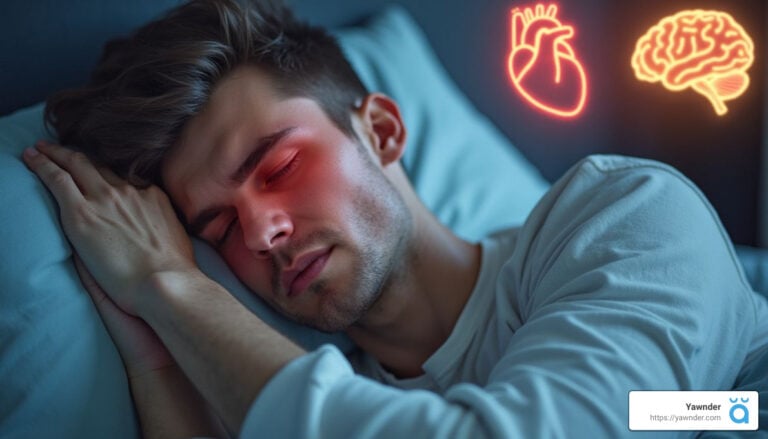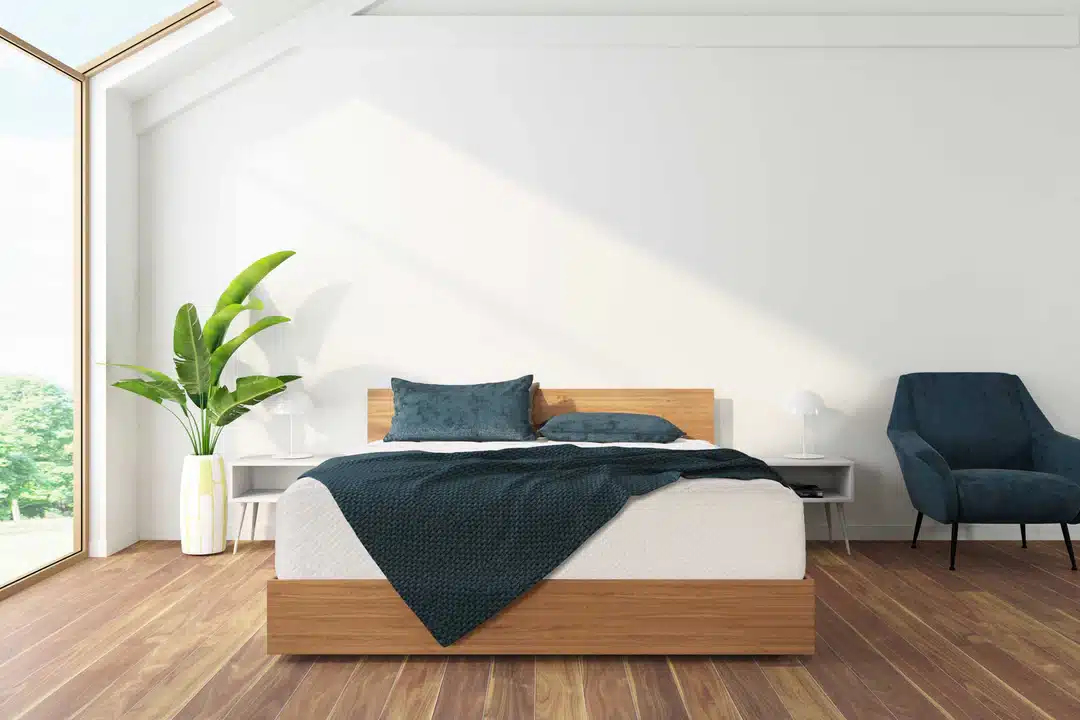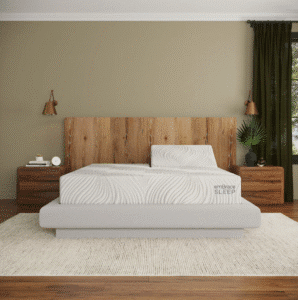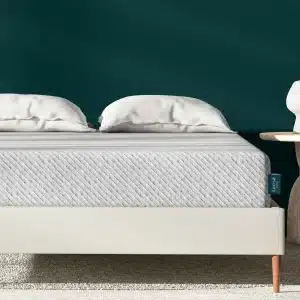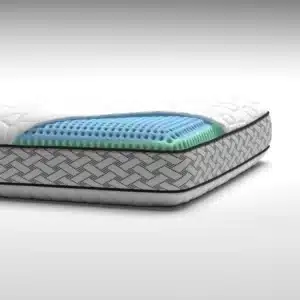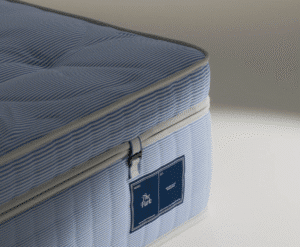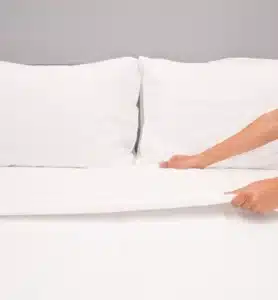The Ultimate Guide to Understanding Snoring and Stroke Risk
Why Understanding Snoring and Stroke Risk is Important
The connection between snoring and stroke risk is a significant yet often overlooked health concern. Research has firmly established that persistent sleep disturbances, particularly snoring and sleep apnea, correlate with an increased risk of stroke. Understanding these connections empowers individuals to take proactive measures for their health.
Frequent and especially loud snoring can serve as an early warning sign of sleep apnea, a serious condition where breathing repeatedly stops and starts during sleep. Sleep apnea is not just a nuisance; it can lead to dangerously low oxygen levels and elevated blood pressure, both of which are key risk factors for stroke. Additionally, those suffering from sleep apnea often experience fragmented sleep, which can severely impact brain health and overall well-being.
Addressing snoring is not merely about reducing noise; it’s about better sleep health—vital for avoiding serious conditions like stroke. A pivotal study published in the Journal of Stroke in 2018 emphasized that alleviating sleep-related issues like snoring can significantly lower the risk of stroke.
I’m Ben Trapskin, the founder of Yawnder, and my own struggles with sleep motivated me to explore sleep health deeply. This guide will untangle the complexities surrounding snoring and its connection to stroke risk, while providing actionable tips for improving your sleep.
What Causes Snoring?
Snoring is the sound produced when air flows through a partially obstructed airway during sleep. Understanding the various causes can help you identify effective strategies to mitigate the issue. Here are several common causes of snoring:
1. Anatomy
Snoring can be influenced by the physical structure of your airway and throat. A narrow throat, enlarged tonsils, or a long soft palate can exacerbate snoring.
2. Sinuses and Allergies
Congested sinuses often force mouth breathing, increasing the likelihood of snoring. Allergies that lead to nasal swelling can also contribute to this problem.
3. Alcohol Consumption
Alcohol relaxes throat muscles, making airway obstruction more likely, particularly when consumed before bedtime.
4. Sleep Position
Certain positions can worsen snoring. For instance, sleeping on your back may cause the tongue to fall back into the throat, obstructing airflow.
5. Weight
Extra body weight, especially around the neck, can constrict the airway, leading to increased vibration during sleep.
6. Aging and Muscle Tone
As we age, the muscle tone in the throat typically decreases, which can promote snoring. This is particularly common in older adults.
Understanding these triggers allows you to make informed decisions about how to address your snoring effectively.
Snoring and Stroke Risk: The Damaging Link
Snoring is more than just an irritating nighttime occurrence; it can be a precursor to serious health conditions, including an elevated stroke risk. Here’s how:
1. Sleep Apnea
Often characterized by snoring, sleep apnea interrupts normal breathing during slumber, resulting in decreased oxygen flow to the brain and other bodily functions—ultimately raising stroke risk.
2. Cardiovascular Risk
The continuous disturbances caused by snoring can lead to cardiovascular issues, significantly increasing blood pressure—another critical stroke risk factor.
3. Oxygen Deprivation
Repeated pauses in breathing cause a drop in blood oxygen levels, which can lead to ischemic damage in the brain, significantly increasing the likelihood of stroke.
4. Inflammatory Reactions
Chronic inflammation triggered by sleep apnea’s airway obstructions can inadvertently damage blood vessels over time, leading to a higher stroke probability.
Research Linking Snoring to Stroke Risk
A wealth of studies has illustrated the connection between snoring and stroke. A comprehensive meta-analysis found that habitual snorers have a staggering 46% increased risk of stroke compared to non-snorers. Observational studies have further confirmed this correlation, highlighting that those who regularly snore have a notably higher incidence of brain infarctions.
Preventing Snoring and Reducing Stroke Risk
Taking proactive steps to address snoring can significantly mitigate your risk of stroke:
Best Sleep Positions
– Side Sleeping: This position keeps the airway open and helps minimize the chances of obstruction.
– Pillow Positioning: Elevating your head with a higher loft pillow can help maintain airway alignment.
Medical Treatments
– CPAP Machines: These devices help keep the airway open by delivering a continuous flow of air.
– Dental Appliances: Customized devices can be used to reposition your jaw, thus preventing airway obstruction.
Lifestyle Adjustments
– Weight Management: Maintaining a healthy weight can alleviate pressure on the airway.
– Limit Alcohol and Sedatives: Reducing consumption can prevent throat muscle relaxation.
– Stay Hydrated: Proper hydration helps keep nasal passages clear, reducing risks of obstruction.
Frequently Asked Questions about Snoring and Stroke Risk
Why Have I Suddenly Started Snoring?
Sudden onset can be attributed to weight gain, increased alcohol use, allergies, or even changes in sleep position. Age also plays a role, as decreased muscle tone can lead to snoring.
What is the Best Position to Sleep in to Prevent Snoring?
Sleeping on your side is highly recommended to keep the airway open and lessen snoring.
Conclusion
Understanding the link between snoring and stroke risk is essential for maintaining your health. The implications of snoring extend far beyond a disrupted nights’ sleep; they touch upon critical health issues like stroke. By recognizing the signs, addressing the causes, and making necessary lifestyle changes, you can significantly reduce your stroke risk.
At Yawnder, we are dedicated to helping you achieve better sleep, resulting in improved overall health. Our offerings include comprehensive sleep studies aimed at diagnosing and treating conditions such as sleep apnea, which are major contributors to both snoring and increased stroke risk. By tackling snoring head-on, you not only improve your sleep quality but also protect your future health.
Let’s prioritize better sleep for a healthier, more vibrant life.


